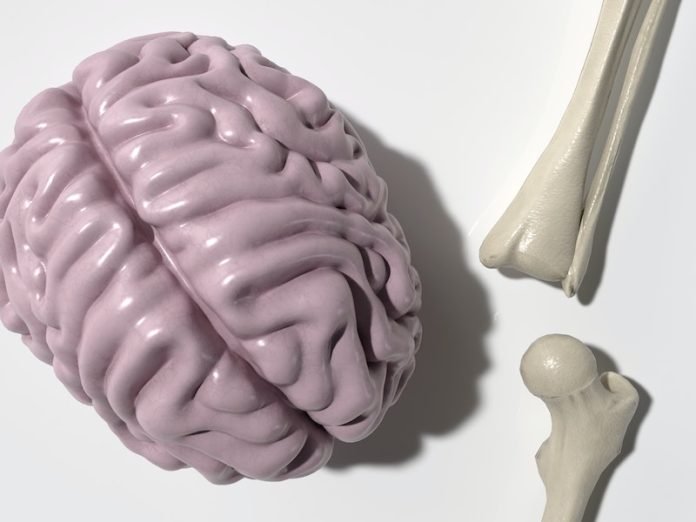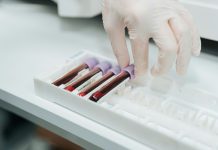
A stroke happens when blood can’t reach certain parts of the brain. This is usually because a clot is blocking a blood vessel, which is like a tiny tube that carries blood to the brain.
The brain needs blood to work properly because it carries oxygen and nutrients. Without these, brain cells can get hurt or even die.
How Strokes Affect the Brain
Strokes can cause a lot of damage to the brain. For a long time, doctors and scientists have known that strokes change the way certain genes work in the brain’s tiny blood vessels.
Genes are like a set of instructions that tell our bodies how to work and grow. When a stroke changes these instructions in the brain’s blood vessels, it can make the stroke’s effects even worse.
The changes in the brain’s small blood vessels are believed to cause even more harm to the brain after a stroke. This is a tricky problem for scientists to study.
However, new research from scientists at Weill Cornell Medicine has made some exciting discoveries about these changes.
The New Study: Learning More about Gene Changes
The scientists at Weill Cornell Medicine wanted to learn more about the changes in gene activity in the brain’s small blood vessels after a stroke.
They did an in-depth study using mice as a model. This means they studied mice to help them understand what might happen in humans.
They looked at how strokes changed the way genes worked in these tiny blood vessels. They discovered 541 genes that changed in both mice and humans after a stroke.
They then grouped these genes based on what jobs they do in the body. They found groups of genes linked to inflammation, blood vessel disease, and a type of blood vessel problem that could make them leaky.
Inflammation is the body’s response to injury. It’s like when you get a red, swollen bump from a mosquito bite. But in the brain, too much inflammation can be harmful.
Leaky Blood Vessels and the Brain
Imagine the brain as a special castle. It has a protective barrier, called the blood-brain barrier, which acts like a castle wall. It stops most things from the blood from getting into the brain.
But, if the blood vessels become leaky after a stroke, it’s like the castle wall has been damaged. Unwanted things from the blood can get into the brain, which can cause more harm.
The Role of Sphingolipids
The scientists also found changes in genes controlling sphingolipids, which are fat-related molecules that help control blood vessels.
They noticed that some types of sphingolipids are found more in the blood vessels of the brain compared to other parts of the brain.
They also found changes in these sphingolipids in the brain’s small blood vessels after a stroke.
This is important because disruptions in sphingolipids have been linked to stroke and dementia, a condition that affects memory and thinking skills.
Looking to the Future: New Treatments
What’s really exciting about this research is that it could lead to new treatments for stroke. The scientists checked many of the molecules produced by the genes that changed after a stroke.
Some of these molecules are already being targeted by drugs for other health conditions. This could mean these drugs could be used, or repurposed, to treat stroke and dementia.
The researchers are now doing more experiments using these drugs to try to reverse the changes in the brain’s small blood vessels caused by stroke. They hope this could help stroke patients recover better.
This research is an important step forward in understanding strokes and finding better treatments. But there’s still more to learn.
The researchers at Weill Cornell Medicine invite other scientists to join them in this important work.
They believe that by working together, they can develop the first treatments targeting the brain’s small blood vessels during a stroke.
If you care about stroke, please read studies that diets high in flavonoids could help reduce stroke risk, and MIND diet could slow down cognitive decline after stroke.
For more information about brain health, please see recent studies about how Mediterranean diet could protect your brain health, and coffee could help lower your risk of stroke and dementia.
The study was published in PNAS.
Copyright © 2023 Knowridge Science Report. All rights reserved.



